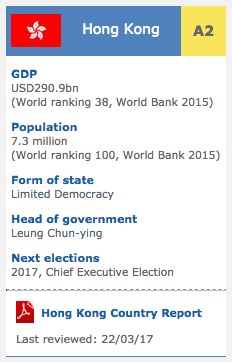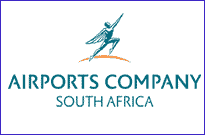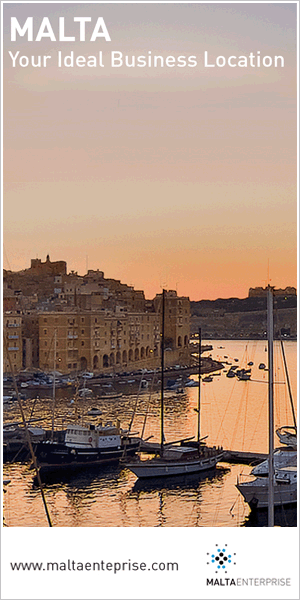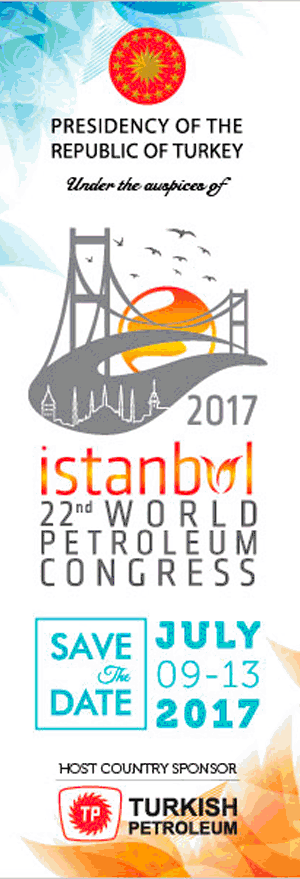Africa > Central Africa > Congo Kinshasa > Congo Democratic Republic Economic Overview Considerable potential but significant challenges
Congo Kinshasa: Congo Democratic Republic Economic Overview Considerable potential but significant challenges
2017/05/08
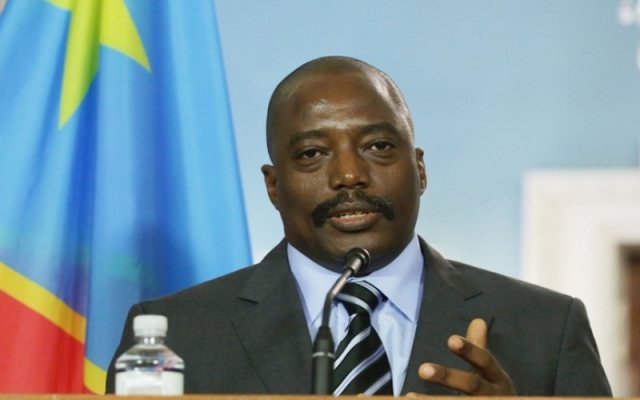
Congo Democratic Republic
Security and stability concerns continue to limit commercial opportunities
|
|||||||||||||||||
- Related Articles

Climate change laws around the world
2017/05/14 There has been a 20-fold increase in the number of global climate change laws since 1997, according to the most comprehensive database of relevant policy and legislation. The database, produced by the Grantham Research Institute on Climate Change and the Environment and the Sabin Center on Climate Change Law, includes more than 1,200 relevant policies across 164 countries, which account for 95% of global greenhouse gas emissions..jpeg)
Bruno Kapandji Kalala, Project Director for the Agency for Grand Inga Development and Promotion Agency (ADPI)
2016/12/10 Efforts in the DRC are redoubling to make the country’s long-delayed vision of building the world’s major hydroelectric dam on the Congo River a reality. Bruno Kapandji Kalala, Project Director for the Agency for Grand Inga Development and Promotion Agency (Agence pour le Developpement et la Promotion du Projet Grand Inga, ADPI) explains what evolution is being made on the project and how the government is encouraging the private sector to take part in a project that could be a major supplier of electricity across the continent.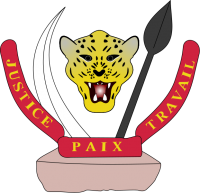
Congo Kinshasa Outlook for 2016-17
2016/05/29 The country (Democratic Republic of the Congo) is situated in Central Africa, northeast of Angola. Congo (Kinshasa) has borders with Angola for 2511km, Burundi for 233km, Central African Republic for 1577km, Congo (Brazzaville) for 2410km, Rwanda for 217km, Sudan for 628km, Tanzania for 459km, Uganda for 765km and Zambia for 1930km. Land in Democratic Republic of the Congo is vast central basin is a low-lying plateau; mountains in east. Congolese or Congo land covers an area of 2345410 km². The climate is tropical, hot and humid in equatorial river basin and it is cooler and drier in southern highlands; Congolese (singular and plural) speak French (official), Lingala (a lingua franca trade language), Kingwana (a dialect of Kiswahili or Swahili), Kikongo, Tshiluba. Country Overview The Democratic Republic of the Congo (DRC) is a country with vast resources. Its spans a surface area of 2.3 million square kilometers, the equivalent of two-thirds of the European Union. According to the new NSI (National Statistics Institute) estimates, fewer than 40% of the nearly 70 million inhabitants live in urban areas. With 80 million hectares of arable land and over 1,100 minerals and precious metals identified, the DRC has the potential to become one of the richest nations on the African continent and a driver of African increase.DRC's Business Environment Transformation Successful reforms instill new belief in DRC economy
2015/12/03 High increase in the Democratic Republic of Congo (DRC) over the completed decade has been largely driven by the mining industry, and analysts believe it will continue to be one of sub-Saharan Africa’s fastest growing economies over the next decade, with increase rates well above 6%. Increase this year is forecasted to be in the region of 8.4%, down from an estimated 9.2% in 2014 as a result of weakened commodity prices. In this interview with PM Communications, Prime Minister Augustin Matata Ponyo discusses how DRC is working to diversify the economy away from the extractive sector by investing in energy and agro-industry in order to create sustainable development. He as well discusses how widespread reform has led to a significant development in the business climate and increased investor confidence, the $12 billion Inga dam hydroelectric project, his leading role in the fight against crime and corruption, and opportunities for foreign investors through public-private partnerships..png)
Economic cooperation and trade enjoyed good development
2015/10/01 The friendly and cooperative relations between the People's Republic of China and the Democratic Republic of Congo (D.R. Congo) continued to grow steadily in 2013. The two nations maintained frequent political exchanges. In March, President Joseph Kabila Kabange and President of National People's Assembly Aubin Minaku sent letters of congratulations to President Xi Jinping and NPC Chairman Zhang Dejiang respectively on their election.
- Congo Kinshasa News
-
- BOTSWANA: Tripartite Free Trade Area plods along slowly in Africa
- BOTSWANA: Global economic gravity rapidly pulling towards Africa
- BOTSWANA: How to boost private sector investment in Africa’s electricity infrastructure
- BOTSWANA: Study of mathematics on the decline in Africa – Prof Allotey
- BOTSWANA: Take responsibility for transforming your countries – Akufo-Addo
- BOTSWANA: Five billion people in the world use mobile phones, 436 million in sub-Sahara Africa
- Trending Articles
-
- ASIA: New heights for ASEAN–China commercial diplomacy in aviation
- JAPAN: Can Koike conquer the capital?
- SOUTH AFRICA: South Africa: Country's in a Recession. Here's What That Means
- VIETNAM: Startups in Vietnam
- ISRAEL: Senegal: Israel, Senegal Mend Diplomatic Ties
- MOROCCO: Sixth night of protests in Morocco's north




